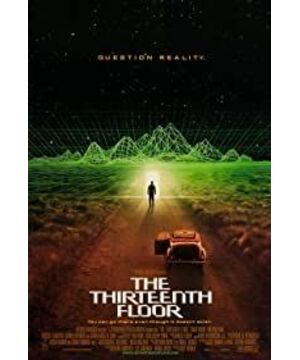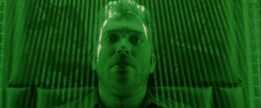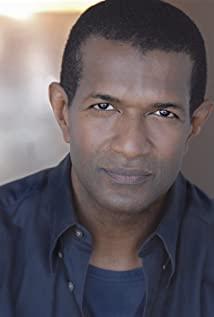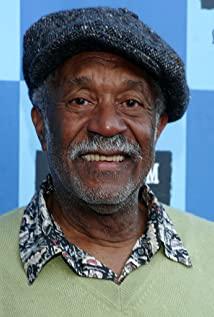I am very happy to see that many of my friends are praising the thinking about human nature and existence. The value of this film is that it arouses our common sense: Who am I? Is my world real? What is the world? What is truth?
In this sense, it has the same purpose as The Matrix, especially the first. But, of course, the scene is much smaller. Compared to the grand narrative of the Matrix—human extinction, underground resistance, restoration of ancient democracies, creation and destruction, mutation and balance, etc.—the Thirteen Degrees of Crisis (so translated, of course, male The protagonist is handsome and dizzy) is developed inward and delicately portrayed. One of the details is that when the hero and heroine "transformed", they did not change their identities, names and other external indicators, but only changed their eyes. The meaning of eyes points to the inner nature of the screenwriter or director's understanding of "human nature". The idea of the inner subject was pioneered by Descartes. I think, therefore I am, the first thing to confirm is "I think" as self-consciousness, personal consciousness.
But can we prove our authenticity by saying, "Do human beings have the capacity for self-reflection or self-awareness"? The movie denies this practice. That's the essence of the movie.
The film does not seem to have a positive answer to the question of "how can people confirm themselves". However, after a deduction, we may be able to consider it for ourselves:
in the realm of consciousness--self-consciousness belongs to the realm of conscious ability--we cannot confirm our authenticity. Just like in a movie, there is another world in one world. Who knew that the existence of the level that plays the evil "user" and can "download" "people" in a certain world at will, is not another kind of illusory space? This is actually one of the masters of German classical philosophy. Fichte has dealt with the confirmation of self-consciousness. If it is still under the premise of conception, that is, objectification, it will inevitably regress indefinitely. Self-awareness is awareness of awareness, i.e. I am aware that I am conscious, then I can also be aware of "I am aware that I am conscious", the quotation marks can be added indefinitely, and human beings will be like the bartender in the movie. In the same way, those with poor tolerance will go crazy.
Therefore, the corroborating person himself cannot test science, rely on concepts, and cannot seek the value, truth, and meaning of life in the world of symbols. Only in the emotional world - our intuitive feeling.
What makes that handsome male protagonist, now a programmer of a network company, now an electronic component in a project he has developed for six years, and now the creator of the "Internet company programmer", the evil "user" ? ----Only by the change of eyes. This is the inner, human intuition determines "who I am". Our understanding of "intuition" here cannot be understood in terms of "perceptual knowledge", which is still the product of the conceptual category of symbols. Intuition is our pre-symbolic, pre-reflective, non-conceptual state of existence. In this state, there is no object and no subject (I or Cogito). Our certainty does not need to be verified because we are already a directly existing subject.
In our social life, we have the care of our relatives, the trust and love of our friends, and the love and affection of our lovers. These are the things that "confirm" the meaning of our "existence". Just think: When an earthquake hero escaped from death and told his rescue experience, when he was thanked by those who were rescued by him, who said he felt false? When a local official is honest and honest, and leaves office for the benefit of one party - think of the ten-mile long street to send the prime minister - is his emotion fake? The love and
reluctance of the common people are real, and the noble feeling in the hearts of officials is also real. Because these are social emotions!
It can be seen that social emotions are the ultimate basis for people to confirm their own value and meaning! In the final analysis, this emotion is a kind of self-experience, and it is one’s own thoughtfulness. External concepts (name, fame, wealth, etc.) are not the ultimate basis. Not even technology. Think how helpless, how icy that pile of electronic components is!
In short, the whole movie wins with deep philosophical thought—perhaps not intentionally philosophical. Worth a look.
View more about The Thirteenth Floor reviews











